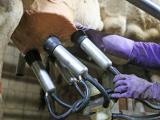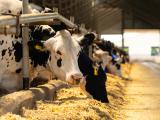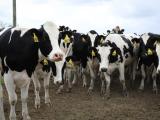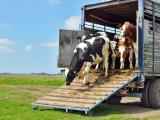Jul 25, 2006 (CIDRAP News) – Three international health agencies announced yesterday the launch of a joint early warning system to allow a quicker response to animal diseases that can spread to humans (zoonoses).
The system is designed to coordinate the tracking, verification, and alert mechanisms of the United Nations Food and Agriculture Organization (FAO), the World Organization for Animal Health (OIE), and the World Health Organization (WHO), according to a press release yesterday from the three groups. Known as the Global Early Warning and Response System (GLEWS), the effort is a first in the fight against animal-to-human disease transmission, the agencies said.
The groups said weaknesses in disease detection and response have contributed to the international spread of diseases of animal origin, such as bovine spongiform encephalopathy, severe acute respiratory syndrome (SARS), and avian influenza.
"In such a context, the main expected outputs of GLEWS are better prediction and prevention of animal disease threats, through sharing of information, epidemiological analysis and joint field missions to assess and control outbreaks in animals and humans," said Samuel Jutzi , director of the FAO's Agriculture, Biosecurity, Nutrition and Consumer Protection Department. "That will lead to the development of improved coordinated response to emergencies worldwide."
GLEWS is a Web-based electronic platform that allows each organization to share its tracking and verification information, analyze the information, and decide if an early warning message is warranted, according to the release. The alert messages will describe the implications of transmission of an animal disease at the national, regional, and international levels, along with the possible public health impact. If the situation requires a joint assessment or intervention, the three organizations will coordinate their responses.
See also:
Jul 24 WHO press release on joint early warning system for animal-human diseases



















